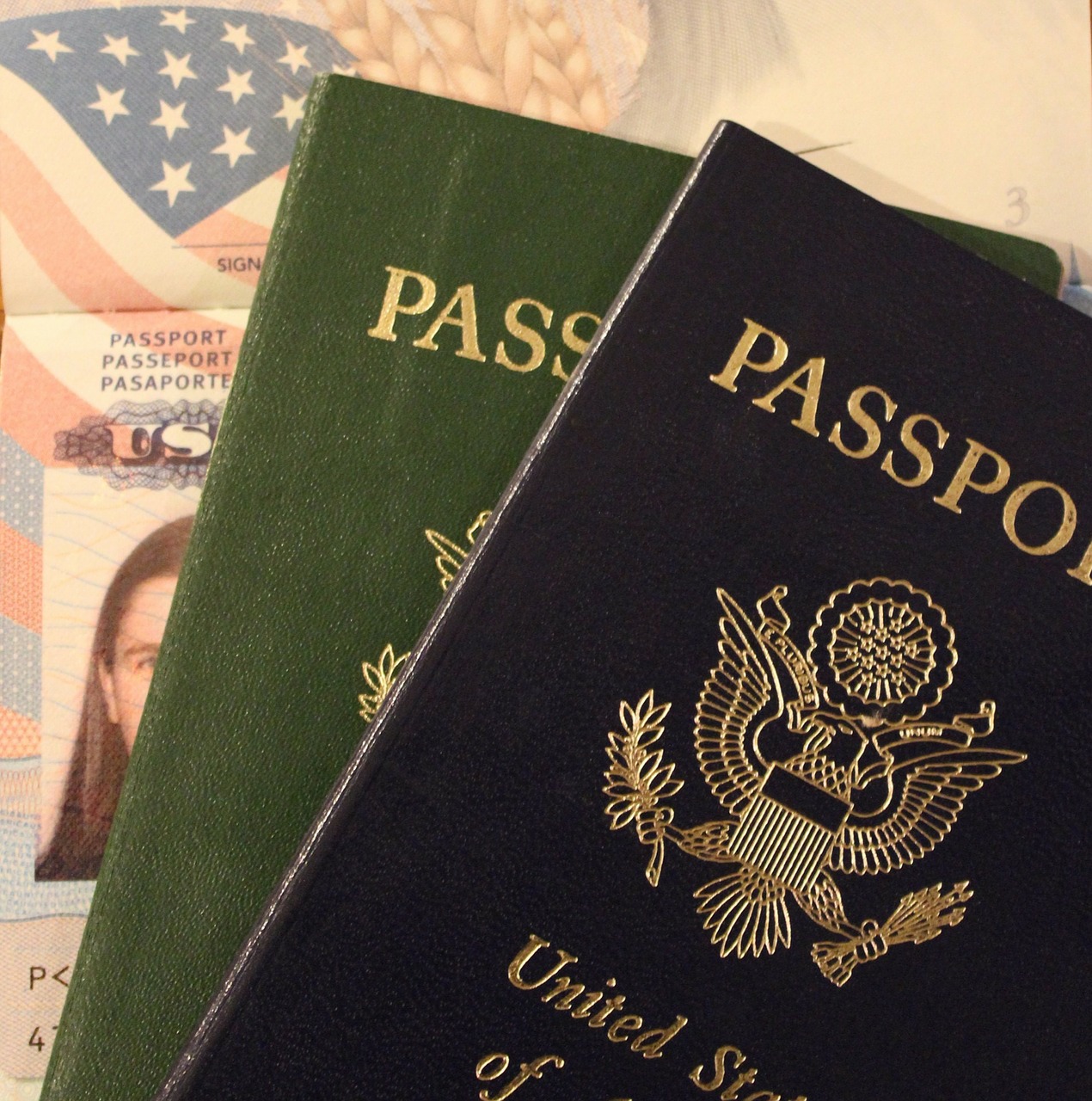A growing community of Hispanic American immigrants, as well as Hispanics in their home country, are choosing to convert from their predominantly Christian religions to Islam. It’s especially common for women.
Tucked away in a quiet rural neighborhood in Somerset, N.J., is an old brownstone that houses the New Jersey Chapter of the Islamic Center of North America’s WhyIslam Project.
Within its confines, in a second floor office decorated with rose-colored walls, sits the administrative assistant and only female employee of the department, Nahela Morales.
In a long black garment and gray headscarf, Morales sits in front of a computer entering notes and taking phone calls from the program’s hotline, 1-877-WhyIslam, a resource for individuals hoping to learn more about the religion. A Mexican immigrant and recent convert, Morales is the national Spanish-language outreach coordinator for the program, part of ICNA’s mission to disseminate information about Islam nationwide.
But Morales’ efforts go beyond U.S. borders: the 37-year-old recently led a trip to bring Islamic literature, food and clothing to her native Mexico.
Morales, who was born in Mexico City but later moved to California and then New York, is part of a growing population of immigrant Muslim converts from Latin America, many of them women, now helping to bring the religion back to their home countries.
According to WhyIslam’s 2012 annual report, 19 percent of the some 3,000 converts it assisted in 2011 were Latinos, and more than half of those (55 percent) were women. The 2011 U.S. Mosque Survey, which interviewed leaders at 524 mosques across the country, found the number of new female converts had increased 8 percent since 2000, and that Latinos accounted for 12 percent of all new converts in the United States in 2011.
Experts attribute the phenomenon to recent migration trends.
Wilfredo Ruiz, a native of Puerto Rico who converted to Islam in 2003, is an attorney and political analyst specializing in the Islamic world. In addition to working with various non-profit organizations, including the American Muslim Association of North America (AMANA), he also serves as the imam at his local mosque in South Florida.
“More women than men convert, both in AMANA offices and in the mosques in Southern Florida,” Ruiz said.






